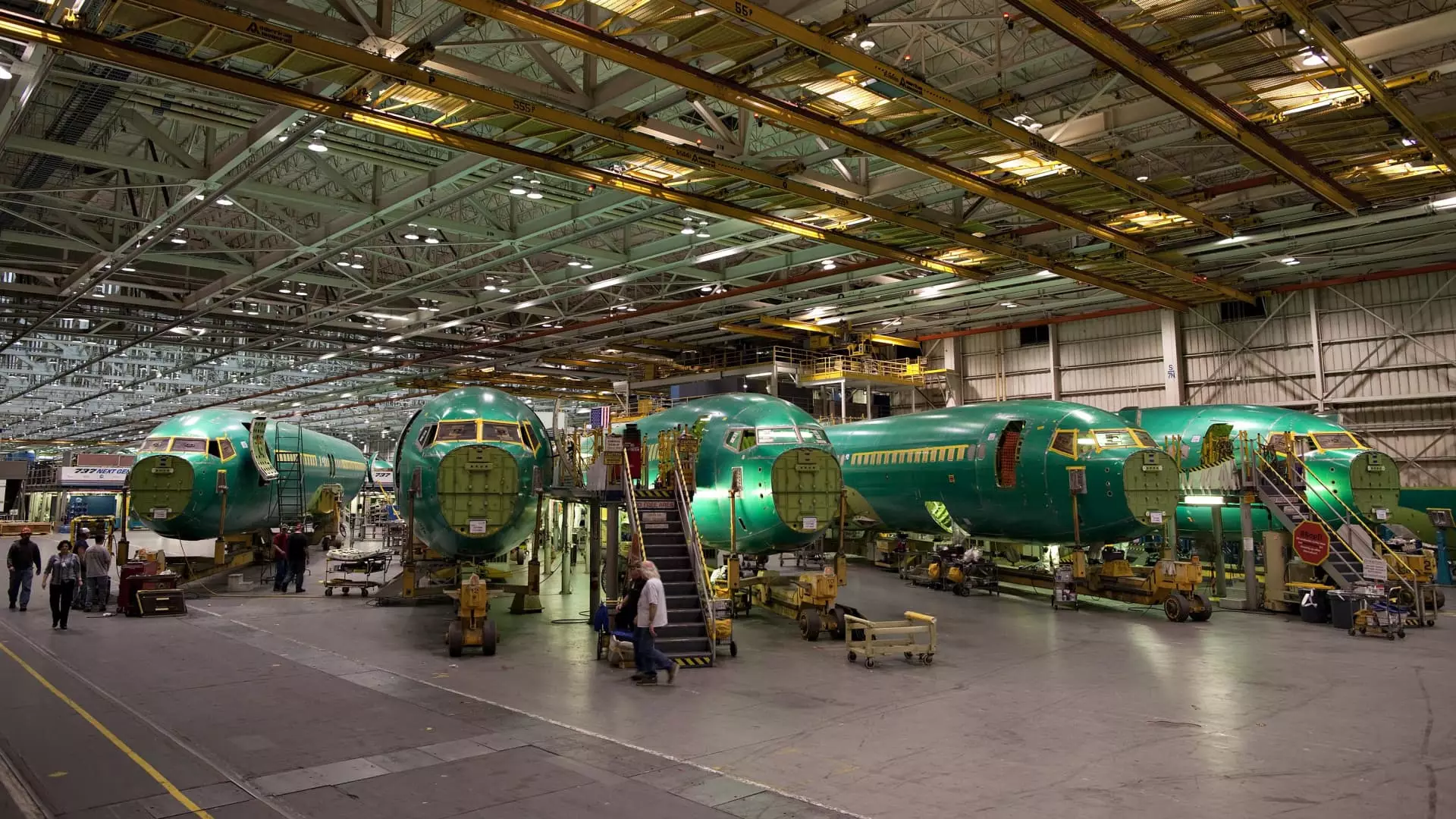Boeing’s recent announcement of the acquisition of Spirit AeroSystems has sent shockwaves through the aviation industry. The deal, valued at $8.3 billion, has raised eyebrows and prompted discussions about the implications for safety and quality control in Boeing aircraft.
Implications of the Acquisition
By bringing Spirit AeroSystems in-house, Boeing aims to fully align their production systems and workforces. This move is seen as a significant step towards strengthening quality control and ensuring that Boeing remains a reliable company in the eyes of the world.
CEO Transition and Potential Replacements
With CEO Dave Calhoun set to step down at the end of the year, attention has turned to who will take his place. Spirit’s CEO, Pat Shanahan, is considered a likely candidate for the position. His leadership may bring a fresh perspective to Boeing and further align the two companies’ operations.
Financial Implications
The acquisition deal not only impacts Boeing’s operations but also has financial repercussions. Boeing’s CFO has stated that the company is expected to burn around $8 billion in cash in the first half of 2024. This has had a negative effect on Boeing’s stock prices, which have dropped by over 30% this year.
Boeing has been under scrutiny for its safety record in recent years, especially following the two deadly crashes involving the 737 Max. To address these concerns, Boeing has implemented measures to improve quality control, such as accepting only defect-free fuselages.
The deal between Boeing and Spirit AeroSystems is subject to approval by regulators, Spirit shareholders, and the sale of operations dedicated to Airbus planes. These hurdles highlight the complexities involved in such a significant acquisition and the need for careful planning and execution.
Boeing’s acquisition of Spirit AeroSystems marks a bold move towards enhancing safety and quality control in their aircraft. The implications of this deal are far-reaching and will undoubtedly shape the future of both companies. It remains to be seen how this acquisition will play out in the coming years and whether it will indeed strengthen Boeing’s standing in the aviation industry.


Leave a Reply